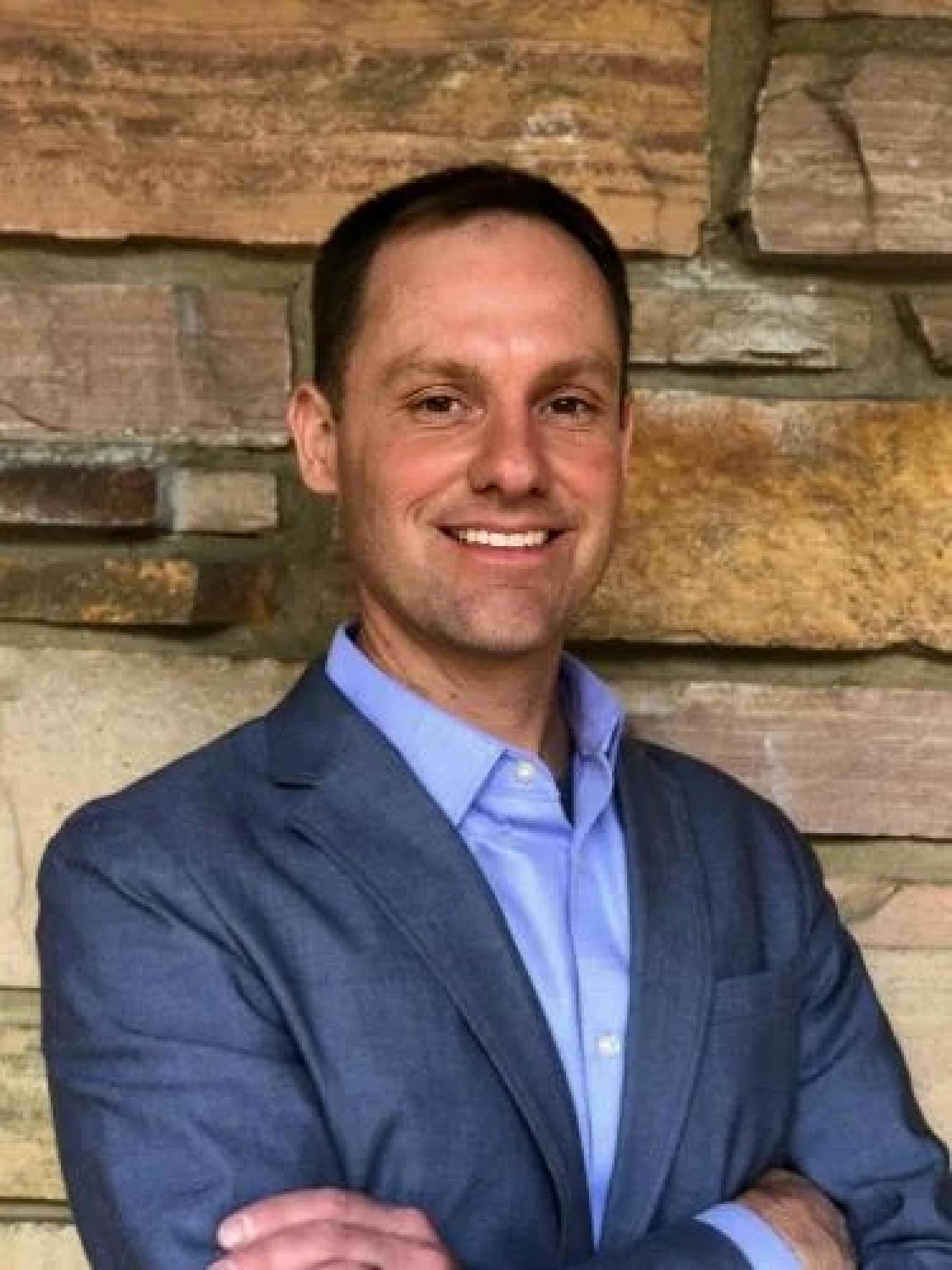Corey Neu inducted into the 2023 class of the AIMBE College of Fellows
The American Institute for Medical and Biological Engineering (AIMBE) has announced the induction of Professor Corey Neu to its College of Fellows.
Neu was nominated, reviewed, and elected by peers and members of the College of Fellows “for outstanding contributions to new imaging technologies for biological mechanics and translation of engineered tissues toward clinical therapy.”
“I am excited to be a part of AIMBE and the rich diversity of fellows that make up this organization,” Neu said. “I am especially excited by our direct advocacy efforts to members of Congress that help to emphasize the importance of federal funding for research.”
Neu is the Donnelly Family Professor in the Paul M. Rady Department of Mechanical Engineering. He joined the CU Boulder faculty in 2015 and is also a member of the BioFrontiers Institute. His Soft Tissue Bioengineering Laboratory is dedicated to technology development for fundamental study and engineering of connective and cardiac tissues.
Election to the AIMBE College of Fellows is among the highest professional distinctions accorded to a medical and biological engineer. The College of Fellows is comprised of the top 2 percent of medical and biological engineers. College membership honors those who have made outstanding contributions to "engineering and medicine research, practice, or education” and to "the pioneering of new and developing fields of technology, making major advancements in traditional fields of medical and biological engineering or developing/implementing innovative approaches to bioengineering education."
A formal induction ceremony was held during the AIMBE Annual Event in Arlington, Virginia, on March 27. Neu was inducted along with 140 colleagues.
While most AIMBE Fellows hail from the United States, the College of Fellows has inducted members representing 30 countries. AIMBE Fellows are employed in academia, industry, clinical practice and government.
AIMBE Fellows include three Nobel Prize laureates, 17 Presidential Medal of Science and/or Technology and Innovation recipients, and more than 350 National Academies members.


